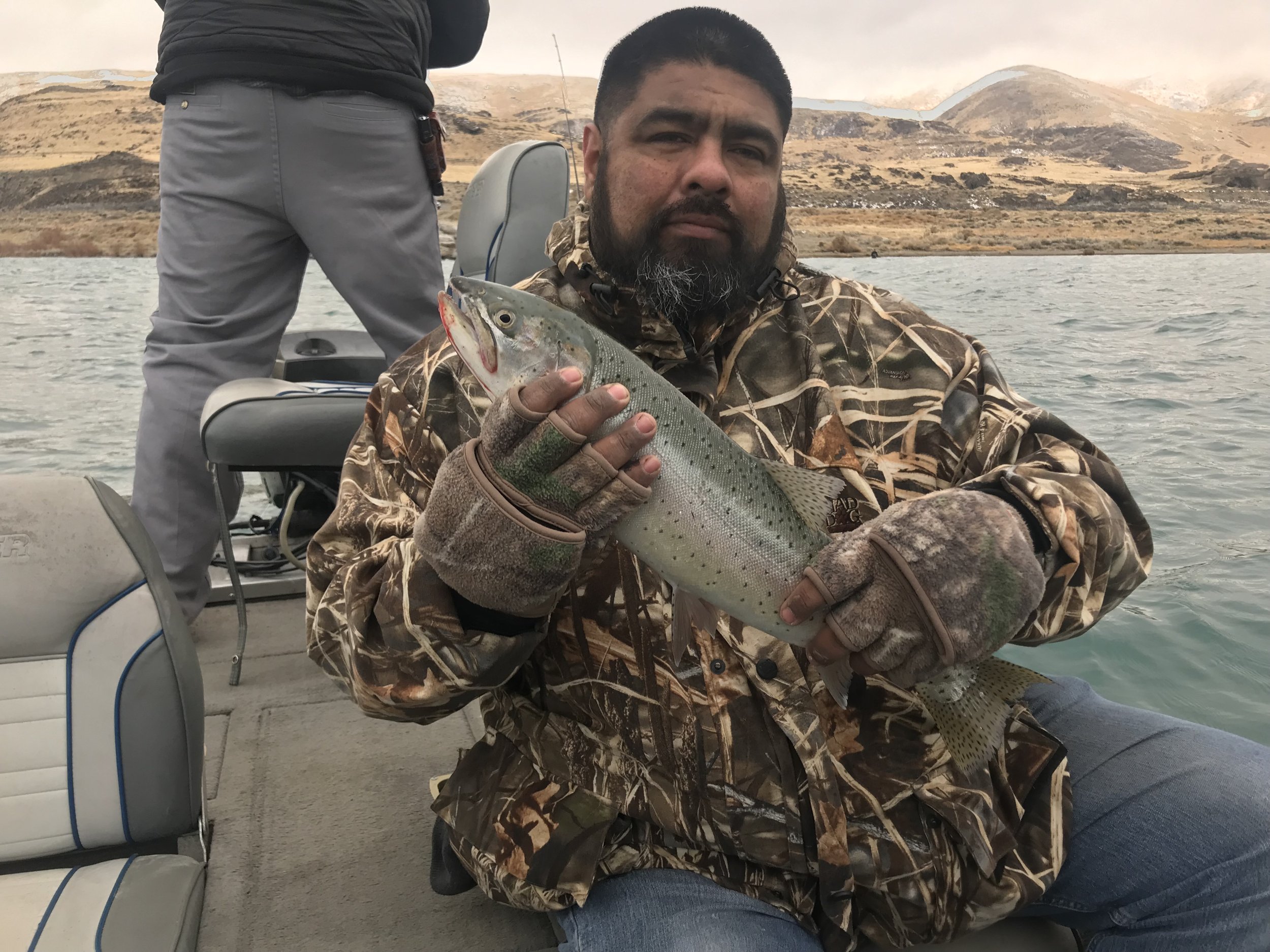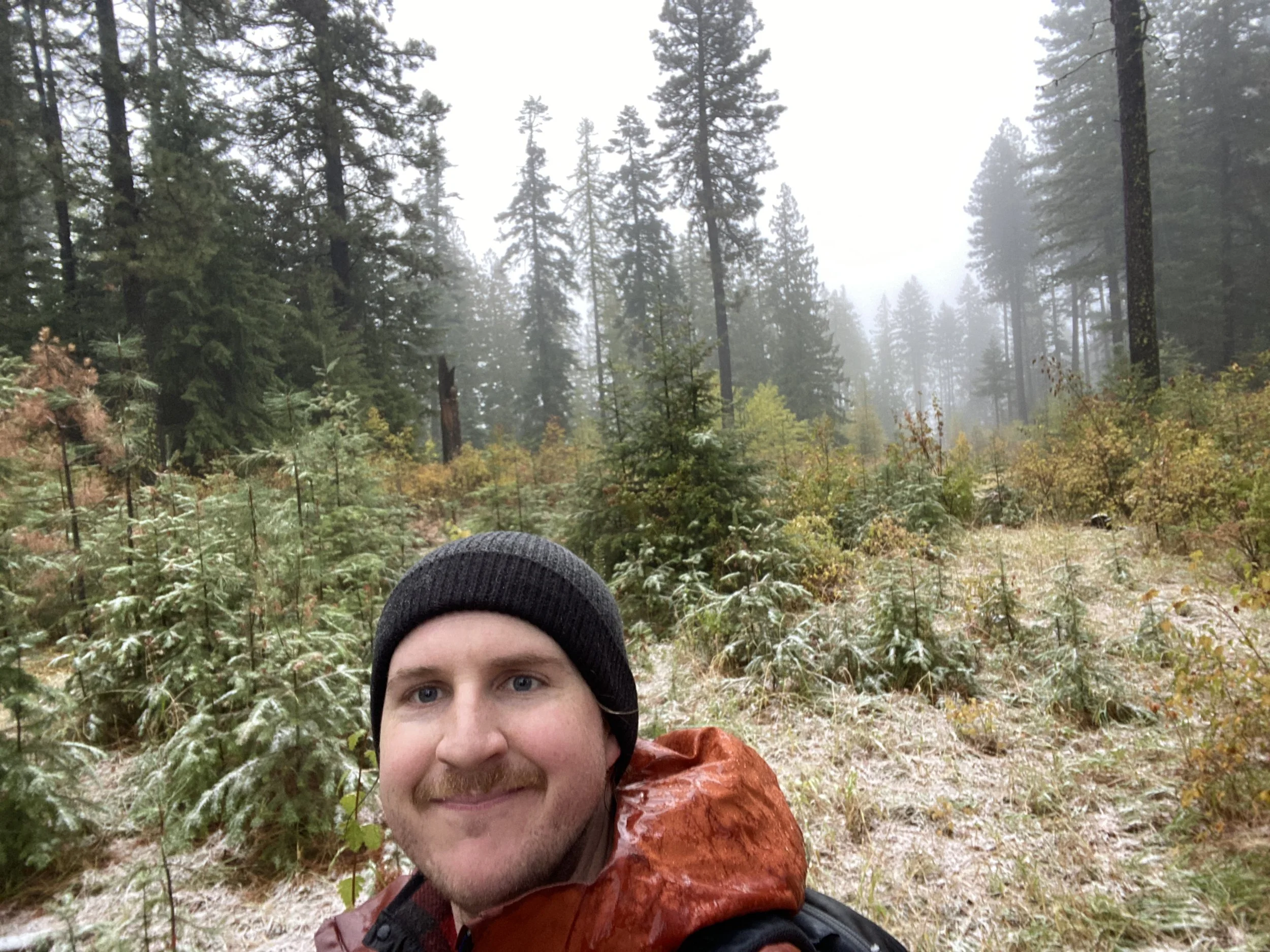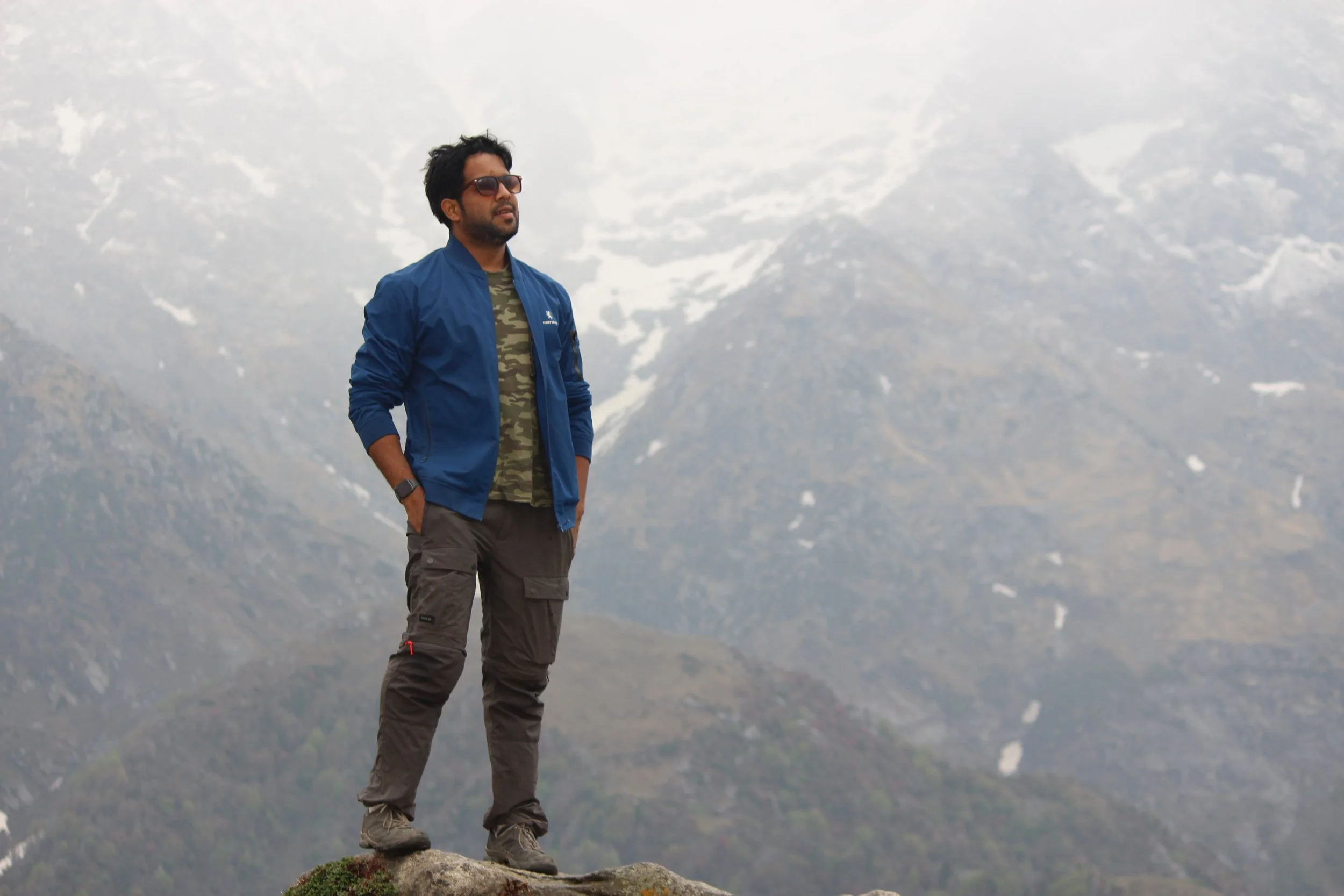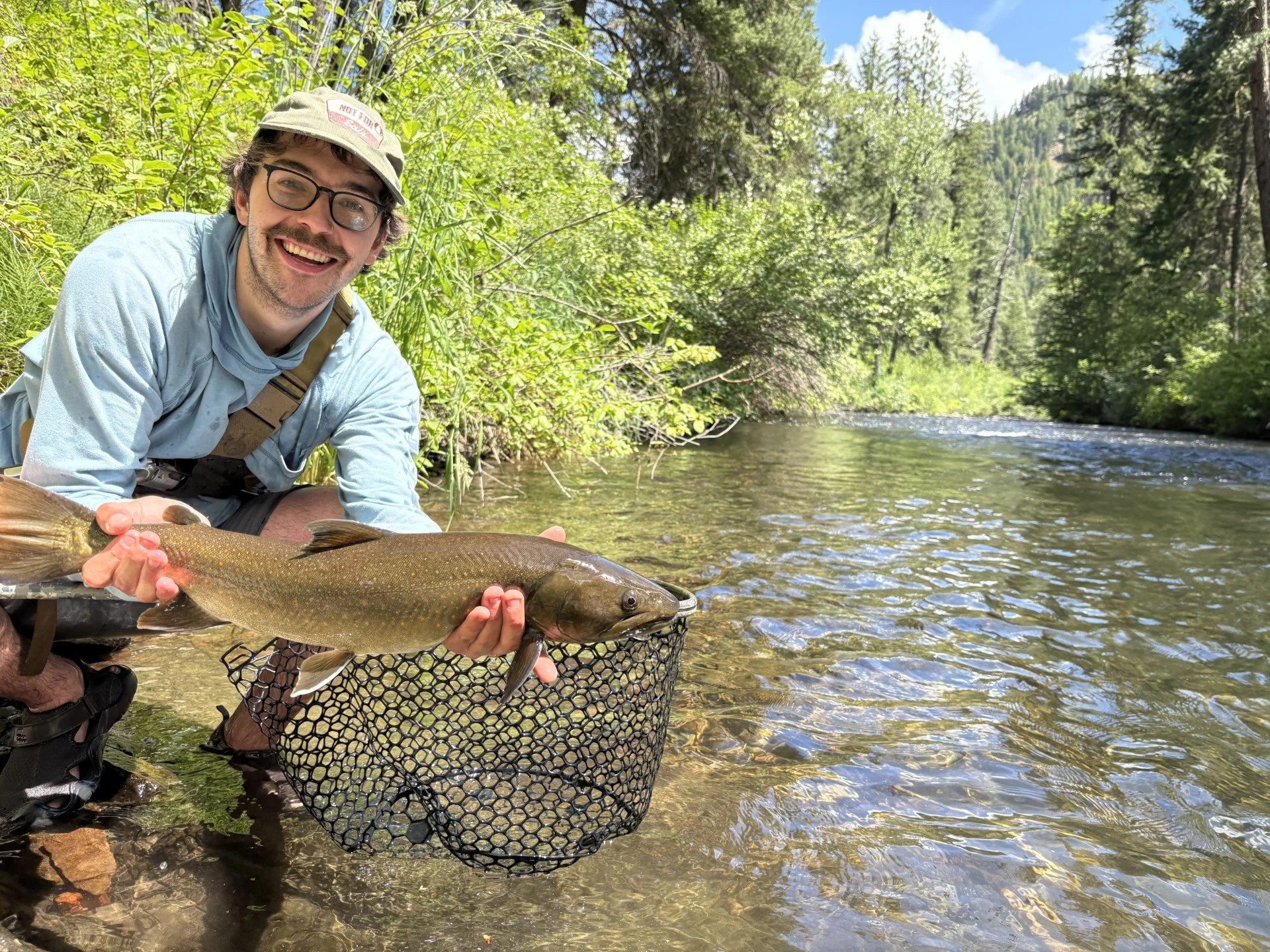Phelps Lab
Michael Phelps
Assistant Professor, Dept. of Animal Sciences
Washington State University
My research interests are broad, spanning many fields from molecular and cellular biology, organismal biology, ecology, and biotechnology. We use aquatic organisms as model systems, especially Pacific salmonids due to their unique physiology, life history, and economic importance. Most of our work focuses heavily on understanding the function of genes within these biological systems. Our research has both basic and applied applications and impacts basic science, conservation, aquaculture, and biomedical sciences. We specialize in the use of CRISPR genome editing technology and employ this powerful tool in most aspects of our research.
I am currently an assistant professor in the Department of Animal Sciences at Washington State University and Director of the Thorgaard Center for Salmonid Physiology and Genomics. I obtained my bachelor’s degree from Western Washington University in 2005 with a double emphasis in cellular and marine biology. In 2010, I received my PhD in environmental science from the University of Rhode Island, Department of Fisheries Animal and Veterinary Science. I have postdoctoral experience from the University of Washington in muscle stem cell biology from the Department of Biological Structure and cancer biology and CRISPR genome editing technology from the Department of Pathology.
Graduate Students
-
Alex Lopez
Alex is a PhD student from the Carter lab in the School of Biological Sciences that is co-member of the Phelps Lab. He started at WSU in 2020. His undergraduate research experience in fisheries was from the lab of Paul Spruell at Eastern Washington University. Alex is investigating mechanisms of thermal adaptation in a unique population of Chinook salmon from the Lower Crab Creek tributary of the Columbia River. His research seeks to identify how Chinook salmon can adapt to increased stream temperatures predicted in future climate scenarios.
-
Max Butensky
Max is currently working on 2 major things: preparing for his Preliminary exams (in pursuit of his Doctorate) by extensively studying every nuance of physiology, with a particular, experimental interest in pacific salmon maturation. In addition. I am also processing transcriptomic data (RNA) to comprehensively map cellular activity and systemic coordination, in my case the rapid, exaggerated growth in some pacific salmon. My research uses Pink salmon as a novel model system to gain insight into fundamental mechanisms of reproductive maturation and sexual dimorphism in Oncorhynchus.
Essentially, I am asking the question, “What causes pacific salmon to change their appearance during maturation?”
If you have questions, send them my way!
max.butensky@wsu.edu
-

Sabrina Haney | PhD Candidate
Sabrina is PhD candidate who is investigating elasmobranch reproductive biology, population structure, and comparative genomics. She is interested in understanding the evolution of live birth by understanding gene network development as genomes evolve. Additionally, she is interested in understanding the population structure of the Pacific spiny dogfish and how sexual segregation may influence population structure and management policy. Sabrina was awarded a prestigious fellowship from the National Science Foundation (NSF): Graduate Research Fellowship Program (GRFP) in 2023.
Sabrina is highly involved in supporting professional development for students and underrepresented groups through her work in an international society as Treasurer and forming the Diversity, Equality, and Inclusion committee for the Washington British Columbia Chapter of American Fisheries Society.
Prior to her graduate studies, Sabrina received her BS in Zoology, from Weber State University in Ogden, Utah where she used genetic barcodes, ‘genetic fingerprints,’ to identify aquatic species local to a hypersaline lake: Great Salt Lake.
If you have any questions please feel free to contact me at:
sabrina.haney@wsu.edu
-

Chaya Gaberria
Chaya is a PhD student whose research focuses on understanding the hypoxia response in salmonids. She is using unique gene-edited and transgenic trout model systems to identify key mechanisms that enable fish to handle hypoxic stress. Her findings will help improve knowledge of hypoxia stress in both wild and cultured fish.
Postdoctoral Researchers
-
Shubhankar Sircar
Shubhankar is a virologist who joined the lab in June 2022. He obtained his PhD degree from the Amity University, Noida India, with funding support from ICAR - Indian Veterinary Research Institute. Shubhankar is studying the biology of betacoronaviruses, including the SARS-CoV-2 virus. He is also developing a novel viral-antiviral technology as a therapy for viral infections.
Undergraduates
Managers
Evan Barnes
Evan Barnes graduated from Washington State University in May 2023 with a BS in Environmental Science. During his time at WSU, Evan worked as an Undergraduate Research Assistant in the Phelps Lab, where he contributed to salmonid aquaculture and research focused on identifying individual salmonids using novel eDNA/CRISPR methods developed in-lab.
In December 2023, Evan returned to the lab as the Facility Manager for the Thorgaard Center for Salmonid Physiology and Genomics, where he now directs aquaculture operations and assists with aquatic research. Currently, Evan is investigating ways to utilize CRISPR/Cas-12a and LAMP technology to rapidly identify specific genetic markers within Salmonids in a field-based setting. In his free time, Evan thoroughly enjoys spending time in the outdoors, and is an avid fly fisherman, fly tyer, and hunter. Email Evan Barnes.
Lab Alumni
-

Jasmine Richman, MS
Research Scientist - Shape Therapeutics Inc
Thesis Title: INVESTIGATING THE ACTIVIN RECEPTOR PATHWAY AS A KEY REGULATOR OF MUSCLE GROWTH IN RAINBOW TROUT FOLLOWING WHOLE GENOME DUPLICATION EVENTS
-
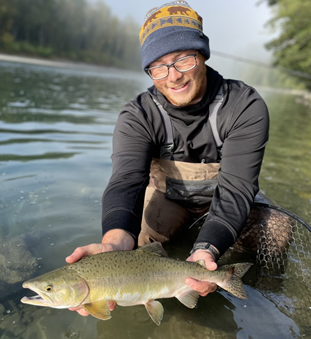
Tholen Blasko, MS
Biologist
Thesis Title: STREAMSIDE DETECTION OF CHIOOK SALMON (ONCORHYNCHUS TSHAWYTSCHA) ENVIRONMENTAL DNA WITH CRISPR TECHNOLOGY
-

Brad Dimos
Brad is a staff scientist at the Benaroya Research Institute. His research in the Phelps lab focused on Chinook salmon thermal adaption in cardiac and mitochondrial function using a range of populations spanning from Alaska to Oregon.
-
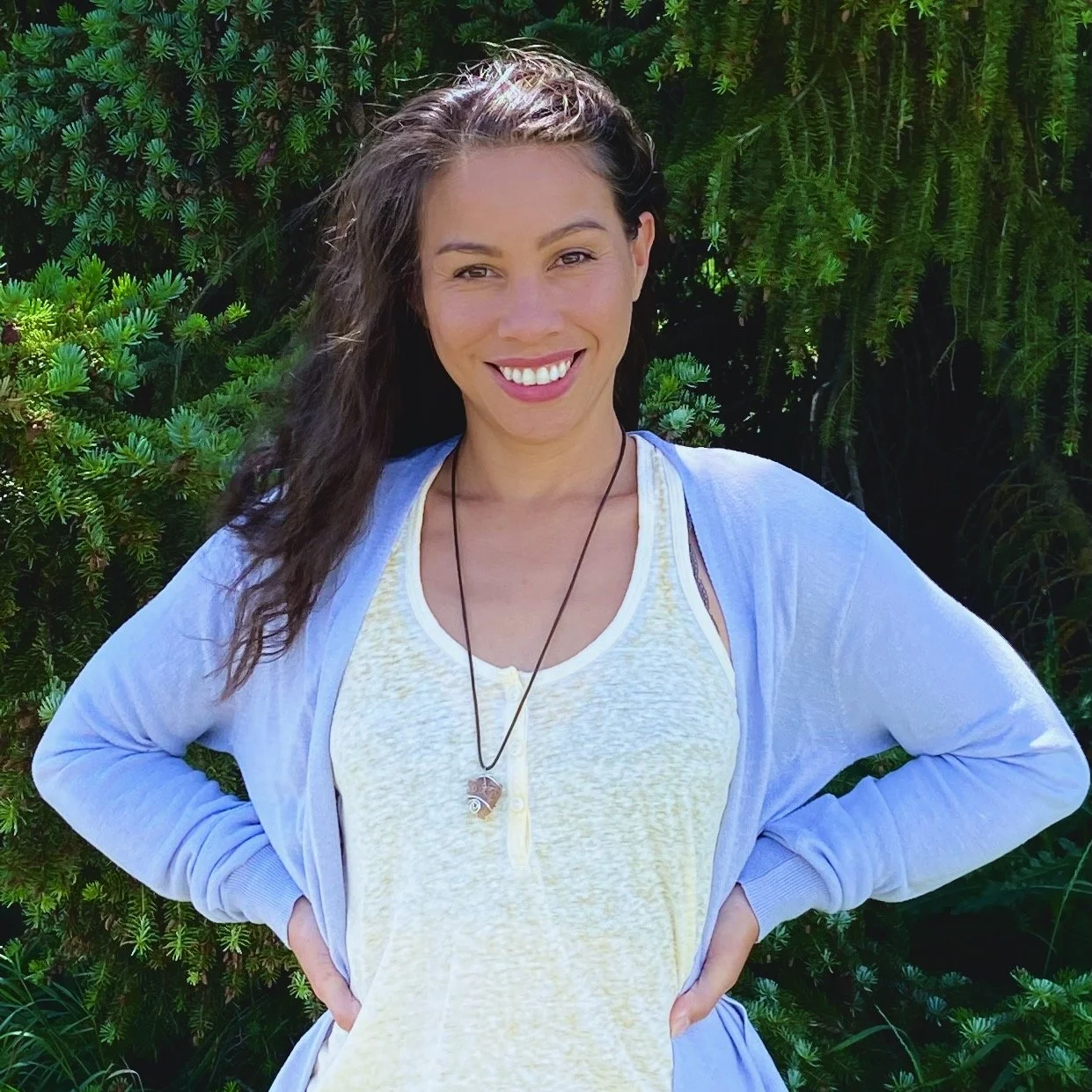
Contessa Ricci
Contessa (she/her) is currently an NIH Postdoctoral Fellow. In the Phelps lab Contessa investigated the environmental effects on salmon nutrition and human health impacts, particularly in relation to pregnancy.
-

Tad Iritani
PhD Student
Thesis Title: Physiological and Environmental Factors Influencing Pacific Salmon Fitness Under a Changing Climate
Retired Staff
-
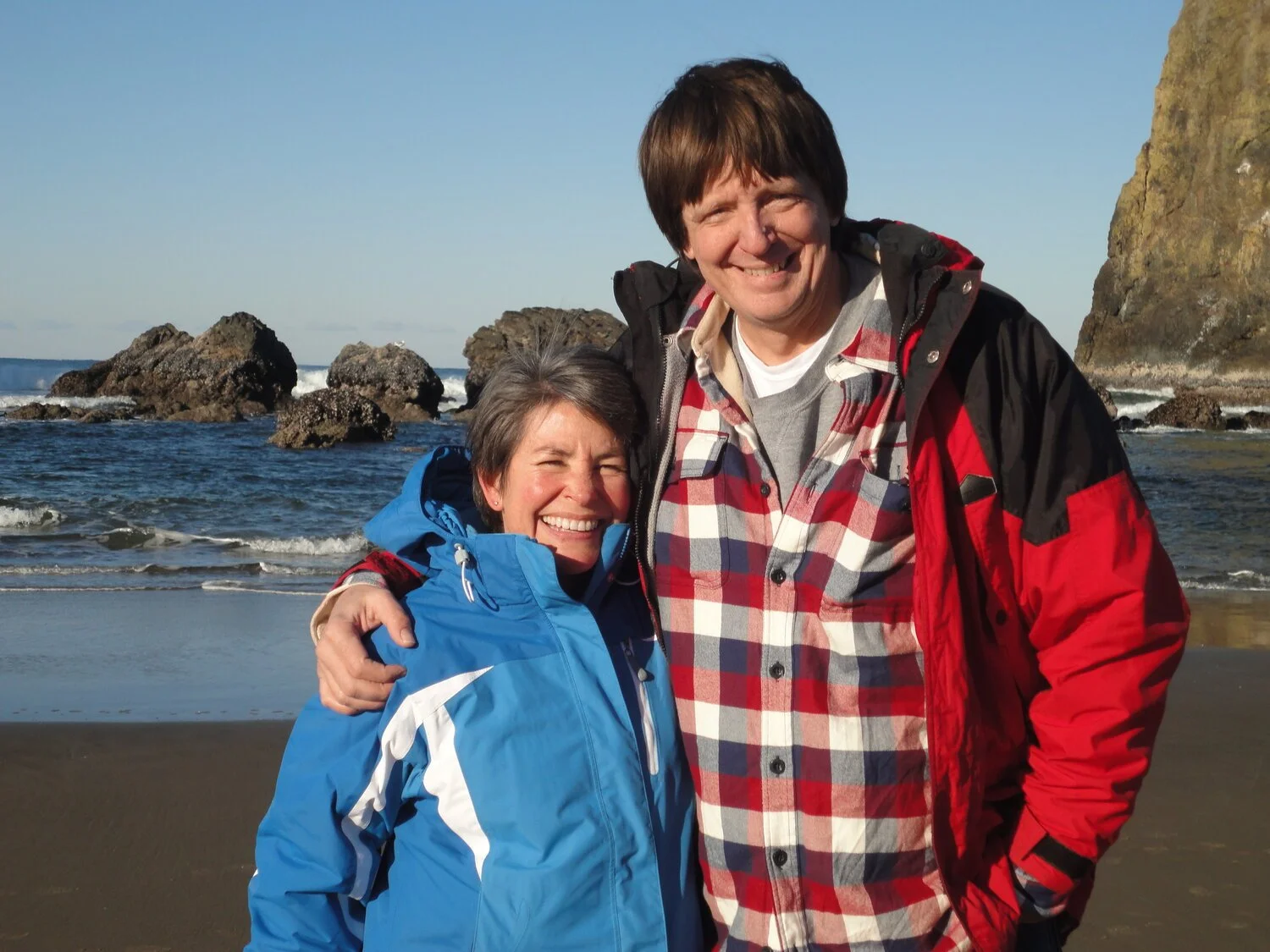
-
Paul Wheeler, MS
After retiring in January of 2024, Paul Wheeler concluded over 25 years of dedicated service as the manager of the Thorgaard Center for Salmonid Physiology and Genomics. During his tenure at Washington State University, Paul led aquatic research and served as the Director of the WSU Aquatic Phenomics Center. His extensive experience in salmonid culture and genomics has paved the way for future research within the Phelps Lab. We are profoundly grateful for his invaluable contributions and for having him as a vital member of our team.

